Limited Time Offer - Try Numactive Medical Alert Free for 30 Days - Call 1-855-953-7333
Expert Corner
Advice, Recommendations, Information & More
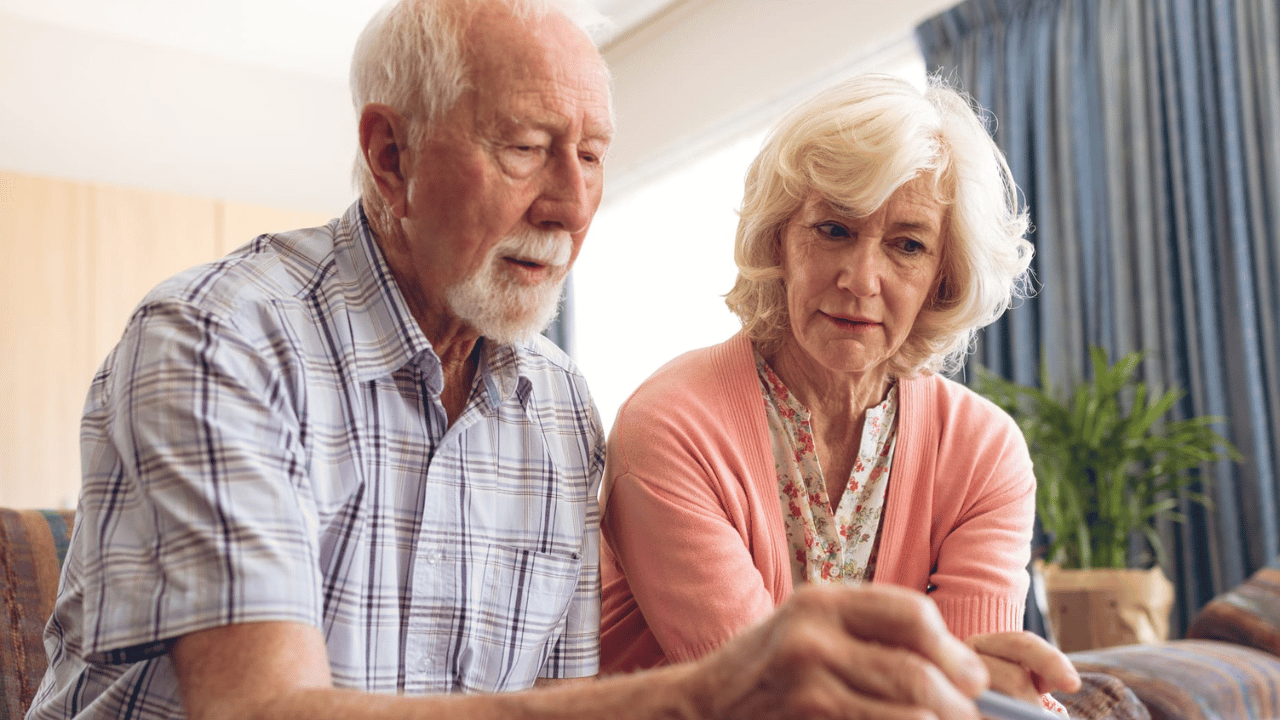
In an era where technology is revolutionizing every aspect of our lives, electronic security has extended its reach to include the healthcare sector. Medical alert systems have become an invaluable tool for ensuring the safety and well-being of seniors and individuals with medical conditions. With a plethora of options available on the market, choosing the right medical alert system can be a daunting task. This blog post aims to guide you through the process of navigating the various options and comparing different medical alert systems to make an informed decision. Understanding the Basics: Before delving into the comparison, it's essential to understand the basic components and functionalities of medical alert systems. These devices typically consist of a wearable help button and a base station. When the help button is pressed, a signal is sent to the base station, which then connects to a monitoring center. The monitoring center assesses the situation and takes appropriate action, whether it's contacting emergency services or notifying designated caregivers. Now, let's explore some key features and factors to consider when comparing different medical alert systems: Wearable Options: Look for systems that offer a variety of wearable options, such as pendants, wristbands, or belt clips. The goal is to find a comfortable and convenient option that the user will be willing to wear consistently. Range and Connectivity: Consider the range of the system, especially if the user has a larger living space or spends time outdoors. Some systems offer extended ranges, ensuring coverage in various areas of the home and even the yard. Fall Detection Technology: Fall detection is a crucial feature, especially for seniors. Some systems come equipped with sensors that can detect a fall and automatically send an alert, even if the user is unable to press the help button. Assess the reliability and sensitivity of this feature when comparing systems. Battery Life: Pay attention to the battery life of both the wearable device and the base station. Longer battery life means less frequent charging or battery replacements, enhancing the overall convenience of the system. Monitoring Center Services: The efficiency of the monitoring center is critical. Look for systems that have 24/7 monitoring, quick response times, and well-trained professionals who can handle emergency situations with care and precision. Additional Features: Some medical alert systems offer extra features, such as medication reminders, activity tracking, and integration with smart home devices. Assess these additional features to determine which ones align with the user's specific needs. Comparative Analysis: Now, let's compare three popular medical alert systems on the market: Life Alert: Known for its iconic "I've fallen, and I can't get up" commercials, Life Alert is a well-established brand in the medical alert industry. It offers a range of wearable options, including pendants and wristbands, with a focus on immediate emergency response. However, it's essential to note that Life Alert's pricing tends to be on the higher side. Medical Guardian: Medical Guardian is praised for its versatile wearable options, long-range capabilities, and reliable fall detection technology. The system provides users with the freedom to choose the features that best suit their needs, making it a customizable and user-friendly option. Medical Guardian also offers competitive pricing plans, catering to a range of budgets. Bay Alarm Medical: Bay Alarm Medical stands out for its straightforward pricing, transparent terms, and excellent customer service. The system offers a variety of wearable devices, including a unique in-home cellular device that doesn't require a landline. While fall detection is available as an optional add-on, it's worth considering for enhanced safety. Choosing the right medical alert system is a crucial decision that directly impacts the safety and well-being of individuals who may require assistance during emergencies. By understanding the key features and conducting a comparative analysis, you can make an informed choice that aligns with the specific needs of the user. Ultimately, the goal is to find a medical alert system that provides peace of mind for both users and their loved ones, offering swift and reliable assistance when it matters most. Contact us today , our Personal Consultants will assist you with understanding which medical alert is right for you or your loved one.
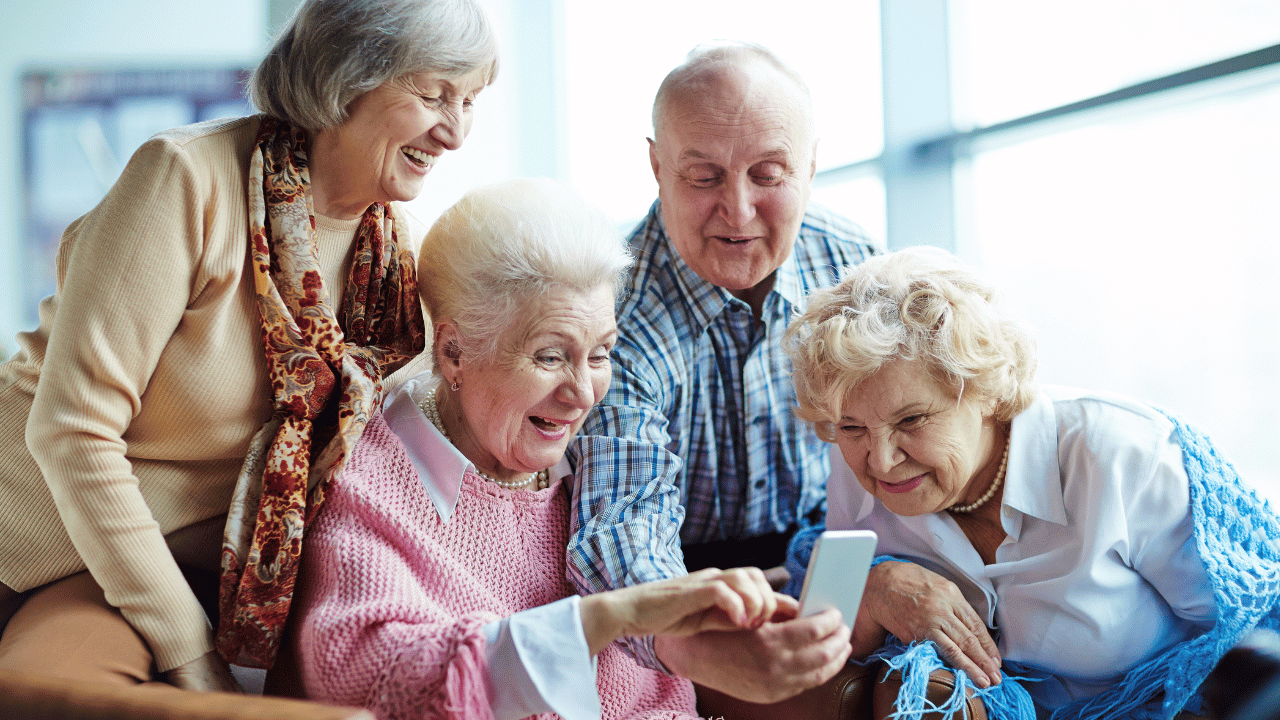
As our population ages, the demand for innovative and efficient senior care solutions is on the rise. One of the key technologies transforming the landscape of elderly care is the implementation of medical alert systems. These devices, once primarily associated with emergency response, have evolved into comprehensive tools that contribute significantly to seniors' ability to age comfortably in their own homes. In this blog post, we will explore the role of medical alert systems in the future of senior care and how they are reshaping the aging experience. The Current State of Senior Care Traditionally, when individuals reached a certain age or faced health challenges, moving to assisted living facilities or nursing homes was often considered the default solution. However, advancements in medical alert systems are challenging this paradigm by offering seniors the opportunity to maintain their independence and age in the familiar surroundings of their own homes. Key Features of Modern Medical Alert Systems Emergency Response and Fall Detection: Today's medical alert systems go beyond the basic panic button. Equipped with advanced sensors and fall detection technology, these devices can automatically detect falls and send immediate alerts to emergency services or designated contacts. This rapid response can be crucial in the event of an accident or medical emergency. 2. Health Monitoring: Many medical alert systems now incorporate health monitoring features, allowing seniors to track vital signs such as heart rate, blood pressure, and activity levels. This data can be shared with healthcare providers, offering a proactive approach to managing chronic conditions and enabling timely interventions. 3. Two-Way Communication: Two-way communication capabilities are a game-changer for seniors who may be living alone. With built-in speakers and microphones, these systems allow users to communicate directly with emergency operators or family members, providing reassurance and immediate assistance when needed. 4. Geofencing and Location Tracking: Geo-fencing technology enables caregivers to set virtual boundaries for seniors. If the individual goes beyond these predefined limits, the system can trigger alerts, ensuring that seniors with cognitive impairments or dementia are kept safe and accounted for. The Impact on Aging in Place The ability to age in place, or continue living in one's own home comfortably and independently, is a goal for many seniors. Medical alert systems play a pivotal role in making this goal a reality. Here are some ways in which these devices contribute to aging in place: Independence and Peace of Mind: The comprehensive features of modern medical alert systems provide seniors with a sense of independence and confidence. Knowing that help is just a button press away or that their health is being monitored gives seniors and their families peace of mind. 2. Reduced Healthcare Costs: Enabling seniors to age in place with the support of medical alert systems can lead to reduced healthcare costs. By preventing emergency room visits through early intervention and timely medical attention, these systems contribute to a more cost-effective and sustainable healthcare model. 3. Emotional Well-being: The emotional well-being of seniors is crucial for their overall health. Being able to stay in familiar surroundings, maintain social connections, and have the security of immediate assistance fosters a positive and comfortable aging experience. 4. Family and Caregiver Support: Medical alert systems are not just beneficial for seniors; they also provide a sense of relief for family members and caregivers. The real-time monitoring and communication features allow for remote caregiving, ensuring that help is always available even when physically distant. Looking Ahead: Future Innovations As technology continues to advance, the future of senior care holds exciting possibilities for medical alert systems. Predictive analytics, artificial intelligence, and integration with smart home devices are likely to become more prevalent, further enhancing the capabilities of these systems. Predictive Analytics: By analyzing health data over time, medical alert systems can use predictive analytics to identify potential health risks before they escalate. This proactive approach allows for early intervention, preventing emergencies and improving overall health outcomes. 2. Artificial Intelligence (AI): AI integration can enhance the personalization of care plans. Medical alert systems can learn from user behavior, adapt to individual needs, and provide tailored recommendations for maintaining health and well-being. 3. Smart Home Integration: Seamless integration with smart home devices, such as thermostats, lighting, and security cameras, can create an environment that adapts to seniors' needs. This not only enhances comfort but also contributes to the overall safety and well-being of seniors. Medical Alert Systems Are the Future of Senior Care The future of senior care is undoubtedly being shaped by the evolution of medical alert systems. These devices are not only meeting the immediate needs of emergency response but are also becoming essential tools for proactive health management, allowing seniors to age comfortably in their own homes. As technology continues to advance, the synergy between medical alert systems and other innovative technologies holds the promise of further enhancing the quality of life for our aging population. Embracing these advancements ensures that seniors can not only live longer but also live better in the embrace of cutting-edge care solutions. Contact us today , our Personal Consultants will assist you with understanding which medical alert is right for you or your loved one.

As we embrace the golden years, maintaining an active and independent lifestyle becomes a key priority for many seniors. However, with age, the risk of accidents or medical emergencies increases. This is where medical alert systems play a crucial role in ensuring not only the safety but also the overall well-being of seniors. In this blog post, we'll explore the importance of staying active in the aging process and how medical alert systems contribute to healthy aging. What Are the Benefits of Staying Active in Aging? Physical activity is the cornerstone of healthy aging. Regular exercise has been proven to enhance muscle strength, improve balance, and boost overall cardiovascular health. Engaging in physical activities also helps reduce the risk of chronic diseases such as heart disease, diabetes, and osteoporosis. Furthermore, staying active promotes mental well-being, reducing the likelihood of depression and cognitive decline. However, the fear of accidents or medical emergencies can often hinder seniors from fully embracing an active lifestyle. This is where medical alert systems step in to provide a safety net, allowing seniors to confidently pursue an active and healthy routine. I am an Active Senior, Do I Need a Medical Alert System? Immediate Response and Peace of Mind: Medical alert systems offer a quick response when help is needed. In the event of a fall or medical issue, pressing the alert button connects the user to a trained operator who can assess the situation and dispatch assistance if necessary. This immediate response not only speeds up the time it takes to receive aid but also provides peace of mind to seniors and their loved ones. Encouraging Independence: One of the key elements of healthy aging is maintaining independence. Medical alert systems empower seniors to live independently by offering a safety net. Knowing that help is just a button press away encourages seniors to remain active and engaged in their daily lives without the constant fear of being alone during an emergency. Location Monitoring for Outdoor Activities: Many medical alert systems now come equipped with GPS technology, allowing seniors to engage in outdoor activities confidently. Whether it's a walk in the park or a trip to the grocery store, the GPS feature ensures that help can be summoned even when away from home. This feature enhances the overall quality of life for seniors, enabling them to explore and enjoy their surroundings without compromising safety. Fall Detection Technology: Falls are a significant concern for seniors, often leading to serious injuries. Modern medical alert systems are equipped with fall detection technology that can automatically trigger an alert if a fall is detected. This is especially crucial in situations where the individual may be unable to press the alert button themselves. By ensuring prompt response to falls, these systems contribute to reducing the severity of injuries and improving recovery outcomes. Speak to an Expert & Learn More As we navigate the journey of aging, it's essential to prioritize both physical activity and safety. Medical alert systems bridge the gap between these two priorities, offering a reliable solution that promotes healthy aging. By providing immediate response, encouraging independence, enabling outdoor activities, and incorporating advanced technologies like fall detection, these systems play a pivotal role in allowing seniors to lead active, fulfilling lives with the assurance that help is always within reach. Embracing the benefits of medical alert systems is not just a safety measure but a proactive step towards achieving the goal of aging gracefully and healthily. Contact us today , our Personal Consultants will assist you with understanding which medical alert is right for you or your loved one.
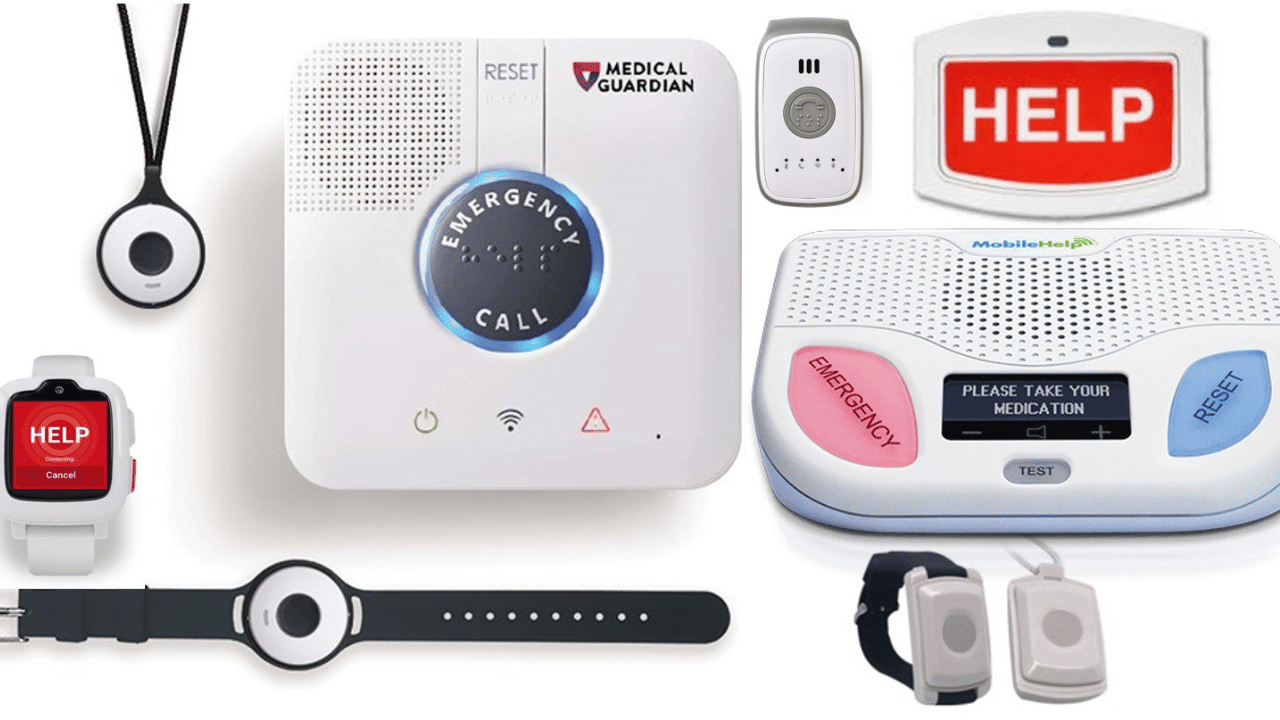
In recent years, technological advancements have transformed various industries, and the field of medical alert systems is no exception. These systems play a crucial role in ensuring the safety and well-being of individuals, especially the elderly and those with chronic health conditions. As we look ahead, the horizon is filled with exciting possibilities for the future of medical alert systems. In this blog post, we will explore the latest technological trends and innovations that are set to redefine the capabilities of these life-saving devices. Integration of Artificial Intelligence (AI) One of the most promising developments in medical alert systems is the integration of artificial intelligence. AI algorithms can analyze user data to detect patterns and predict potential health issues. For instance, an advanced medical alert system could use AI to identify changes in a person's daily activity patterns, sleep quality, or vital signs. This proactive approach allows for early intervention and could be a game-changer in preventing medical emergencies. Wearable Technology The rise of wearable devices has had a significant impact on healthcare, and medical alert systems are no exception. Modern medical alert wearables go beyond traditional pendants or bracelets, incorporating advanced sensors to monitor various health parameters. These devices can already track heart rate, blood pressure, and even detect falls. As technology continues to miniaturize, we can expect more discreet and comfortable wearable options, encouraging widespread adoption among users. Biometric Authentication Security is a paramount concern for medical alert systems. Future devices are likely to incorporate biometric authentication methods such as fingerprint or voice recognition to ensure that only authorized users can access and use the system. This not only enhances the security of the device but also provides peace of mind to users and their caregivers. Smart Home Integration The concept of a smart home is gaining momentum, and medical alert systems are becoming an integral part of this ecosystem. Integration with smart home devices allows for seamless communication between the medical alert system and other connected devices. For example, in the event of an emergency, the system could automatically alert smart door locks to allow emergency responders easy access to the premises. GPS Tracking and Geofencing Location tracking is a critical feature in medical alert systems, especially for individuals with cognitive impairments or those prone to wandering. Advanced GPS technology enables real-time tracking, and geofencing capabilities allow caregivers to set virtual boundaries. If the user crosses these predefined boundaries, an automatic alert is triggered, providing an added layer of safety. Voice-Activated Systems The evolution of voice recognition technology opens up new possibilities for the interaction between users and their medical alert systems. Voice-activated systems can be more intuitive and user-friendly, allowing individuals to call for help or control the device using natural language commands. This feature is particularly beneficial for users with limited mobility or those who may struggle with traditional button-based interfaces. Telehealth Integration As telehealth services continue to grow, the integration of medical alert systems with telehealth platforms becomes increasingly relevant. Users could access medical professionals directly through their alert system, enabling remote monitoring and consultations. This integration not only enhances the overall healthcare experience but also ensures a rapid response in case of emergencies. Devices That Continue to Evolve The future of medical alert systems is marked by a convergence of cutting-edge technologies aimed at enhancing user safety and improving the overall quality of care. As we move forward, the integration of artificial intelligence, wearable technology, biometric authentication, smart home capabilities, GPS tracking, voice activation, and telehealth services will collectively redefine the landscape of medical alert systems. As a leading electronic security company, we are committed to staying at the forefront of these technological advancements. Our mission is to provide our customers with state-of-the-art medical alert solutions that empower individuals to live independently while ensuring their safety and security. Stay tuned as we continue to explore and embrace the latest innovations in electronic security and healthcare technology. The future is bright, and we are excited to be part of the journey towards safer and more connected lives. Contact us today , our Personal Consultants will assist you with understanding which medical alert is right for you or your loved one.

In an era where the well-being of our loved ones is a top priority, medical alert systems have become indispensable tools for ensuring the safety and security of seniors and individuals with medical conditions. However, many people still have lingering questions and concerns about these life-saving devices. In this blog post, we aim to address and dispel the common queries surrounding medical alert systems, providing clarity and peace of mind for those considering their adoption. What is a Medical Alert System? A medical alert system is a personal emergency response system designed to provide immediate assistance to individuals in times of crisis, especially those living alone or with chronic medical conditions. The system typically consists of a wearable device, often in the form of a pendant or wristband, and a base station connected to a 24/7 monitoring center. How Do Medical Alert Systems Work? When the wearer encounters an emergency, such as a fall or sudden health issue, they can press a button on their wearable device. This action triggers a signal to the base station, which then connects the user to a trained operator at the monitoring center. The operator assesses the situation and contacts the appropriate emergency services or notifies designated contacts, ensuring timely assistance. Are Medical Alert Systems Only for Seniors? While medical alert systems are commonly associated with seniors, they are beneficial for anyone with health concerns or living alone. Individuals with chronic medical conditions, or disabilities, or those recovering from surgery can also benefit from the peace of mind provided by a medical alert system. These devices are inclusive and cater to a wide range of needs. Is the System Easy to Set Up and Use? Numactive makes getting set up easy. Our system is designed with user-friendliness in mind. Setting up the system is usually a straightforward process that involves connecting the base station to a power source and phone line or using cellular technology. Wearable devices are pre-programmed and ready to use out of the box, requiring minimal effort from the user. What Happens if the User Can't Speak or Provide Information? Our Medical alert device is equipped to handle situations where the user may be unable to communicate effectively. In the event of an emergency, pressing the alert button is sufficient to trigger the response system. The operator at the monitoring center will attempt to communicate with the user. If there is no response, emergency services will be dispatched based on the user's predetermined information and medical history stored in the system. How Reliable Are Medical Alert Systems in Detecting Falls? Modern medical alert systems are equipped with advanced fall detection technology. These sensors can identify sudden changes in motion and impact, automatically triggering an alert if a fall is detected. While fall detection is a valuable feature, it's essential to understand that no technology is foolproof. Users should still press the alert button if they can to ensure immediate assistance. Are Medical Alert Systems Waterproof? Our medical alert devices are designed to be water-resistant or waterproof, allowing users to wear them in the shower or bath where falls are common. However, the level of water resistance varies among different models, so it's crucial to check the specifications of the specific device. Ensuring the device is water-resistant enhances its usability and ensures round-the-clock protection. How Much Do Medical Alert Systems Cost? The cost of medical alert systems can vary depending on the provider, features included, and whether additional services such as fall detection or medication reminders are part of the package. While some systems operate on a monthly subscription basis, others may offer annual plans. It's essential to compare pricing structures, taking into account the overall value and peace of mind the system provides. Speak to an Expert Medical alert systems have proven to be invaluable in providing immediate assistance during emergencies, offering both users and their families peace of mind. By addressing common concerns and questions about these systems, we hope to empower individuals to make informed decisions about incorporating this life-saving technology into their lives. As technology continues to advance, medical alert systems will undoubtedly play a pivotal role in ensuring the safety and well-being of those who rely on them. If you have any further questions or concerns, feel free to reach out to our team , and we'll be happy to assist you in finding the right solution for your unique needs.

As our loved ones age, ensuring their safety becomes a top priority. For many families, the transition to introducing medical alert systems can be a sensitive yet necessary step. In this blog post, we will explore the importance of medical alert systems, their benefits, and offer guidance on how to navigate this transition smoothly. Aging comes with its own set of challenges, and one of the primary concerns is the increased risk of accidents and emergencies. Falls, sudden health issues, and other unexpected events become more prevalent as individuals age. Medical alert systems provide an invaluable lifeline during these critical moments, allowing seniors to quickly call for help with the push of a button. How Can I Explain the Benefits of Medical Alert Systems to My Parents? Approaching the Conversation: Discussing the introduction of a medical alert system with aging parents requires sensitivity and open communication. Here are some tips on approaching the conversation: Emphasize Independence: Highlight that the goal is to support their independence rather than restrict it. A medical alert system is a tool that allows them to continue living life on their terms. 2. Share Success Stories: Provide examples of how medical alert systems have positively impacted the lives of others. Personal stories can help alleviate concerns and showcase the practical benefits of such systems. 3. Involve Them in Decision-Making: Include your aging parents in the decision-making process. Allow them to explore different options and express their preferences, fostering a sense of control over their safety. 4. Address Concerns: Acknowledge any concerns they may have and provide clear, factual information to address those concerns. Be patient and understanding, allowing them time to process the information. Some Features It May Be Helpful to Highlight: Immediate Access to Help: Medical alert systems offer a direct line to emergency services or designated contacts, ensuring that assistance is just a button press away. In the event of a fall or sudden health deterioration, a prompt response can make a significant difference in the outcome. 2. 24/7 Monitoring: These systems provide round-the-clock monitoring, offering peace of mind for both seniors and their families. Continuous monitoring ensures that assistance is available at any time, day or night, providing a sense of security for aging parents. 3. Independence and Confidence: Medical alert systems empower seniors to maintain their independence by allowing them to live alone while knowing that help is readily available. The confidence that comes with having a reliable safety net can positively impact their overall well-being. 4. Customizable Features: Many medical alert systems come with additional features such as fall detection, medication reminders, and GPS tracking, tailoring the service to the specific needs of the individual. This customization enhances the overall effectiveness of the system in addressing the unique challenges of aging. Introducing medical alert systems to aging parents is a thoughtful and proactive step toward ensuring their safety and well-being. By understanding the benefits of these systems and approaching the conversation with empathy, families can navigate this transition smoothly. Embracing technology to enhance the safety of our loved ones is a testament to our commitment to providing them with the best possible care as they age. Contact us today , our Personal Consultants will assist you with understanding which medical alert is right for you or your loved one.
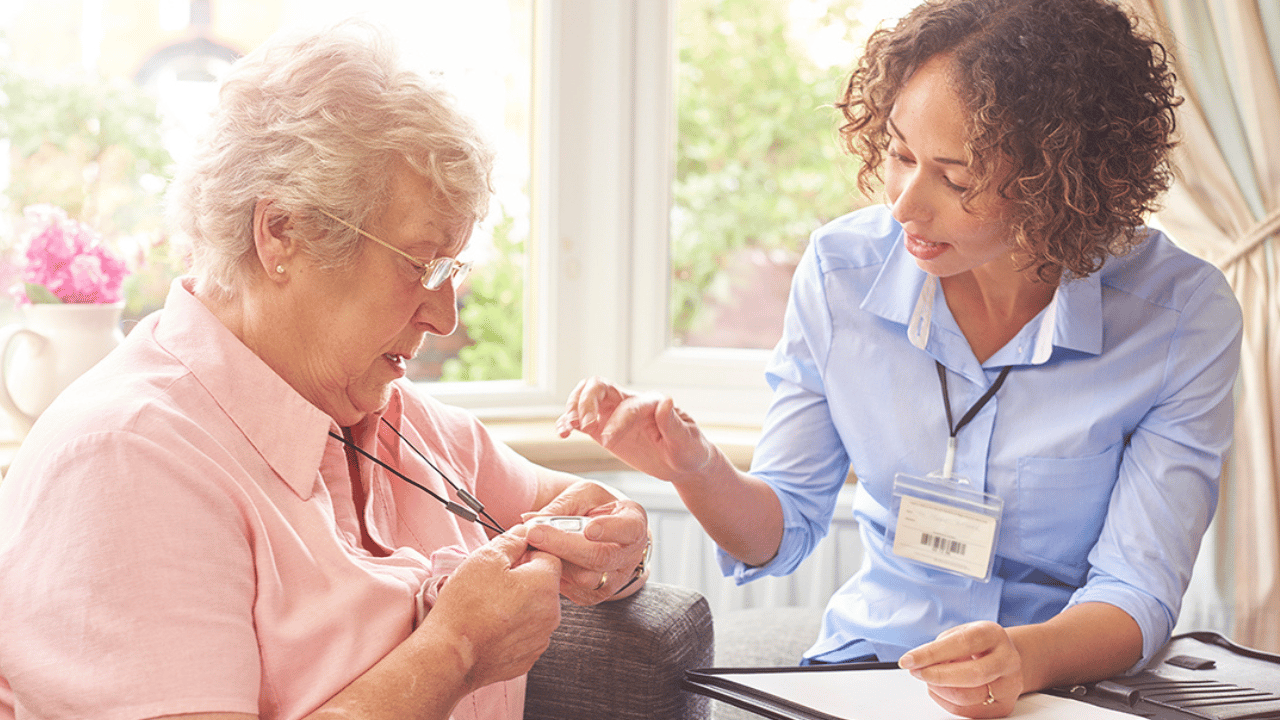
In today's fast-paced world, ensuring the safety and well-being of our loved ones, especially seniors and individuals with health concerns, is a top priority. While medical alert systems are traditionally associated with emergencies, their utility extends far beyond just crisis management. In this blog post, we will explore the additional benefits of incorporating medical alert systems into daily life, transforming them into indispensable companions for a healthier, more secure lifestyle. Fall Detection Technology: A Preventive Approach One of the remarkable features of modern medical alert systems is fall detection technology. Accidental falls are a significant concern, especially among the elderly. With a medical alert system that includes fall detection, immediate assistance is triggered in the event of a fall, even if the user is unable to press the emergency button. This proactive approach can prevent further complications and enhance the overall safety of individuals at risk. 24/7 Monitoring for Peace of Mind Medical alert systems offer round-the-clock monitoring, providing peace of mind for both users and their families. Knowing that help is just a button press away creates a sense of security, reducing anxiety and allowing individuals to maintain an independent lifestyle. This continuous monitoring ensures that any potential health issues are addressed promptly, contributing to overall well-being. GPS Tracking: Freedom with Safety For those who enjoy an active lifestyle, medical alert systems equipped with GPS tracking offer an extra layer of security. Whether going for a walk, travelling, or engaging in outdoor activities, the system can pinpoint the user's location in real-time. This functionality not only enhances personal safety but also provides reassurance to family members, knowing the user's whereabouts at any given moment. Two-Way Communication: Combatting Social Isolation Social isolation is a common concern, especially for seniors living alone. Medical alert systems with two-way communication capabilities enable users to stay connected with family, friends, and caregivers. Regular check-ins and conversations not only combat loneliness but also serve as a means of quick communication in non-emergency situations. Customized Emergency Plans: Tailored to Individual Needs Medical alert systems can be customized to cater to individual health needs. Emergency plans can be tailored to specific medical conditions, allergies, or other relevant information, ensuring that first responders have comprehensive details during emergencies. This customization contributes to faster and more effective assistance when needed. Is it Time for a Medical Alert Device? Speak to an Expert While medical alert systems have long been recognized for their role in emergencies, the daily benefits they offer extend well beyond crisis management. From fall detection and continuous monitoring to medication reminders and GPS tracking, these systems contribute to a holistic approach to health and safety. Embracing medical alert systems as part of daily life not only ensures immediate help during emergencies but also fosters a sense of security, independence, and overall well-being. It's time to view these systems as companions on the journey to a safer and healthier lifestyle. Contact us today , our Personal Consultants will assist you with understanding which medical alert is right for you or your loved one.
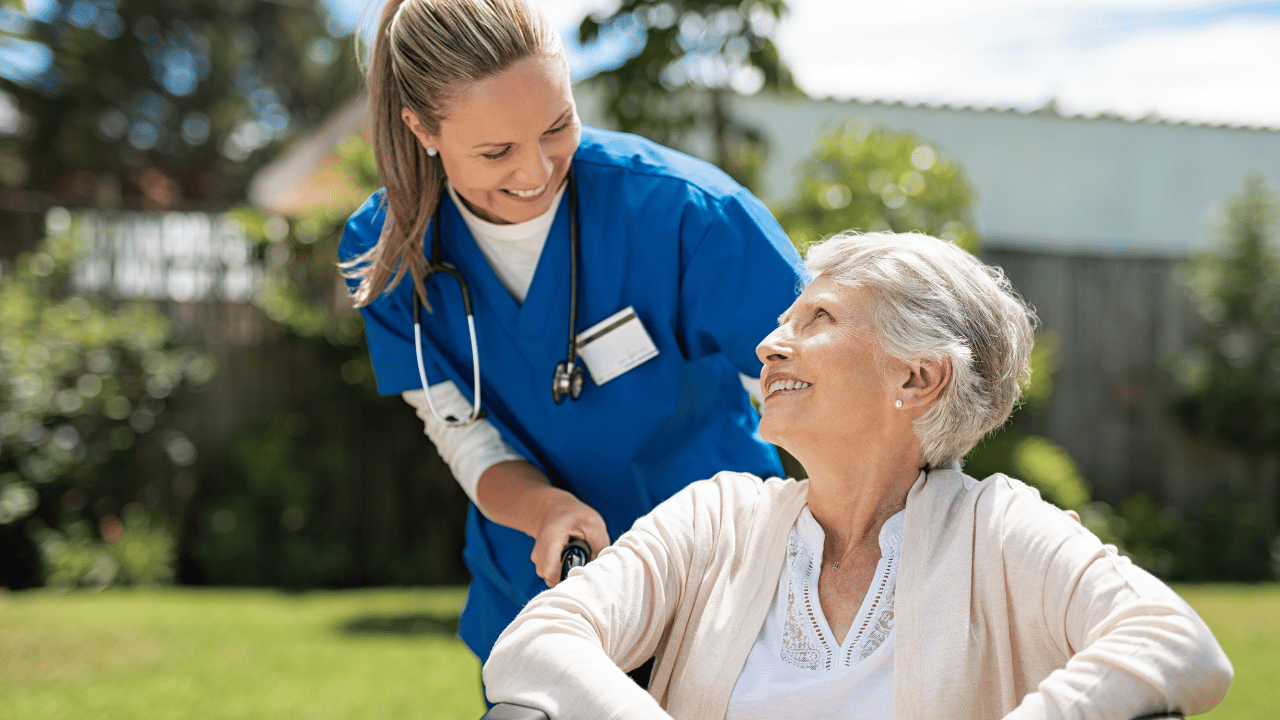
In recent years, the integration of advanced electronic security solutions has revolutionized senior living, particularly through the successful implementation of medical alert systems. These systems not only provide an added layer of safety for seniors but also offer peace of mind to their families and caregivers. In this blog post, we will explore real-life case studies that showcase the successful deployment of medical alert systems in senior living communities, highlighting the positive impact on the well-being and quality of life of elderly residents. Case Study 1: Maple Grove Senior Residences Maple Grove Senior Residences, a quaint community nestled on the outskirts of the city, faced the challenge of ensuring the safety of its aging residents while respecting their desire for independence. The implementation of a state-of-the-art medical alert system proved to be a game-changer. The system was designed to seamlessly integrate with the residents' daily lives, featuring wearable devices with built-in fall detection and emergency call buttons. Through strategic placement of motion sensors and smart home automation, the staff could monitor residents' activities without invading their privacy. The medical alert system not only provided immediate assistance in case of emergencies but also helped in preventive care. Timely alerts and quick response times significantly reduced the severity of potential incidents, promoting a safer living environment for seniors. The success of Maple Grove's implementation was further underscored by a notable decrease in hospitalization rates and increased resident satisfaction. Families, too, expressed relief knowing that their loved ones were living in a community equipped with cutting-edge technology focused on their well-being. Case Study 2: Harmony Haven Assisted Living Harmony Haven Assisted Living, a facility catering to seniors with varying levels of assistance needs, sought a comprehensive medical alert system to enhance its caregiving capabilities. The chosen system incorporated not only emergency response features but also health monitoring elements, creating a holistic approach to senior care. Residents at Harmony Haven were equipped with wearable devices that monitored vital signs such as heart rate, blood pressure, and oxygen levels in real time. The collected data was transmitted securely to a centralized monitoring station, where healthcare professionals could analyze trends and detect anomalies early on. This proactive health monitoring approach led to the early identification of potential health issues, allowing caregivers to intervene promptly. The system also facilitated better communication between residents and healthcare providers, creating a collaborative healthcare ecosystem within the assisted living community. Harmony Haven reported a noticeable improvement in the overall health and well-being of its residents. The reduction in emergency incidents and the ability to provide targeted care based on individual health data resulted in a more efficient and compassionate caregiving environment. Case Study 3: Serenity Estates Retirement Community Serenity Estates Retirement Community, known for its commitment to creating an enriching and secure environment for seniors, faced the challenge of addressing the diverse needs of its residents. The implementation of a customizable medical alert system proved to be the ideal solution. The system allowed residents to personalize their alert preferences, ensuring that their unique requirements were met. From medication reminders to specific emergency response protocols, seniors could tailor the system to align with their individual health and lifestyle needs. Serenity Estates reported a significant increase in resident engagement and empowerment. The ability to customize the medical alert system fostered a sense of control and independence among the elderly population. Families appreciated the flexibility of the system, knowing that it could be adjusted as their loved ones' needs evolved. Speak to an Expert These case studies underscore the transformative impact of medical alert systems on senior living communities. The successful implementation of these systems not only enhances the safety and well-being of elderly residents but also contributes to a more efficient and compassionate caregiving environment. As the demand for innovative solutions in senior living continues to grow, the integration of electronic security technologies like medical alert systems is poised to play a pivotal role in shaping the future of elderly care. By embracing these advancements, senior living communities can provide a higher quality of life for residents while offering invaluable peace of mind to their families and caregivers. Contact us today , our Personal Consultants will assist you with understanding which medical alert is right for you or your loved one.

In today's fast-paced world, ensuring the safety and well-being of our senior citizens is a top priority. With advancements in technology, electronic security solutions have become indispensable in creating a safer environment, especially for seniors who may face unique challenges. This blog post aims to shed light on the importance of medical alert systems for seniors, emphasizing the need for awareness and adoption. Let's explore the benefits of these systems and how educating seniors can play a crucial role in enhancing their quality of life. What is a Medical Alert System? A medical alert system typically consists of a wearable device, often a pendant or wristband, equipped with a button that, when pressed, connects the user to a monitoring center. The monitoring center is staffed 24/7 by trained professionals who can assess the situation and dispatch help if needed. These systems can be further enhanced with additional features, such as fall detection technology and GPS tracking. What Does a Medical Alert System Do? As people age, they may encounter various health-related challenges, making it essential to have reliable support systems in place. Falls, medical emergencies, and the need for immediate assistance are common concerns among seniors. Medical alert systems are designed to address these challenges by providing a quick and efficient way for seniors to summon help in emergencies. Provides Peace of Mind for Users & Caregivers The primary advantage of medical alert systems is the rapid response they enable. In the event of a fall or health crisis, seniors can simply press the alert button to connect with a trained operator at the monitoring center. This swift response can make a significant difference, especially in situations where every second counts. For seniors living alone, the reassurance of knowing help is just a button press away brings unparalleled peace of mind. Fall Detection Technology Many modern medical alert systems are equipped with advanced fall detection technology. This feature automatically senses when a fall occurs and triggers an alert without the need for manual activation. Considering that falls are a leading cause of injuries among seniors, this automated capability is a game-changer in providing timely assistance, even if the senior is unable to press the alert button. GPS for Confidence Outside the Home Another noteworthy feature is the inclusion of GPS technology in some medical alert systems. This allows caregivers or emergency responders to locate the senior in real time if they are outside the home when an emergency occurs. This feature is particularly beneficial for seniors who enjoy an active lifestyle and desire the freedom to move about independently. Provide Dignity and Independence for Seniors The incorporation of medical alert systems doesn't signify a loss of independence for seniors; rather, it empowers them to live more confidently. Knowing that they can maintain their autonomy while having a reliable lifeline in emergencies contributes to a sense of dignity and control over their own lives. Promote Ageing in Place Aging in place refers to the ability of seniors to live in the residence of their choice for as long as they can while receiving the necessary support and care to do so safely. Many older adults prefer to remain in their homes, surrounded by familiar environments and cherished memories. However, as individuals age, the risk of accidents or medical emergencies increases. This is where Medical Alert Systems become invaluable in maintaining independence while ensuring rapid response in times of need. Contact us today , our Personal Consultants will assist you with understanding which medical alert is right for you or your loved one.
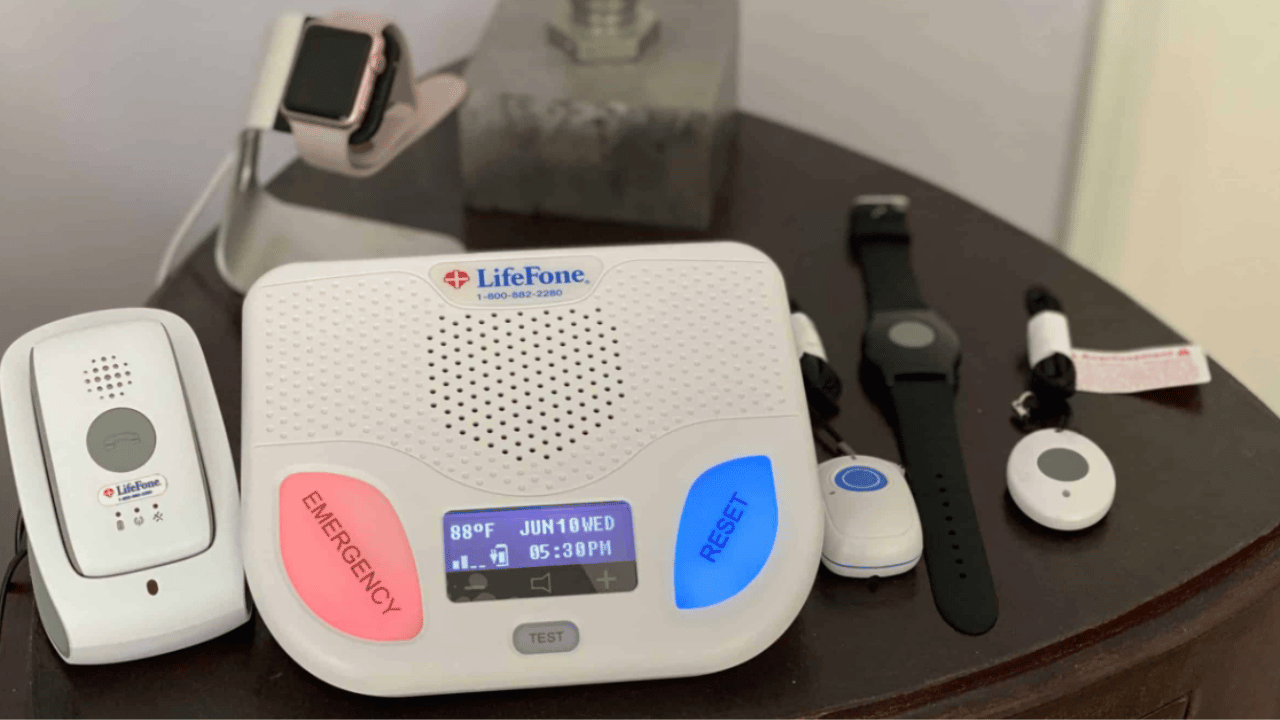
In a world that is becoming increasingly interconnected, the role of technology in enhancing our lives goes beyond the convenience of daily tasks. Electronic security companies are evolving to meet the diverse needs of individuals, and one area where their impact is particularly noteworthy is in the realm of medical alert systems. Beyond the primary function of providing immediate assistance in case of emergencies, these systems play a surprising role in fostering community and connection. In this blog post, we'll explore the social aspect of medical alert systems and how they contribute to a sense of community and connection among users. How Do Medical Alert Systems Empower Independence? One of the primary benefits of medical alert systems is their ability to empower individuals to live independently. Seniors and people with medical conditions often face the challenge of maintaining their autonomy while ensuring their safety. Medical alert systems bridge this gap, offering a lifeline to immediate help when needed, which, in turn, instills confidence in users to go about their daily lives with a sense of independence. Maintaining independence contributes significantly to an individual's mental well-being. It fosters a positive mindset and a desire to actively participate in community activities. The social fabric is strengthened when individuals feel secure and confident in their ability to engage with the world around them. How Do Medical Alert Systems Create Support Networks? Medical alert systems not only connect users to emergency services but also create a support network that extends beyond immediate family and friends. Many of these systems come with features that allow users to include neighbours, caregivers, or a designated emergency contact in their network. This interconnected support system ensures that help is never far away, even if the primary contacts are unavailable. This feature has a profound impact on the sense of community. Knowing that there is a network of people who genuinely care about one's well-being builds a strong foundation for social connections. It encourages communication and collaboration among community members who share a common interest in ensuring the safety and welfare of their neighbours. How Do Medical Alert Systems Encourage Social Engagement? Medical alert systems are not limited to emergency situations; they can also play a role in encouraging social engagement. Many modern devices come equipped with additional features such as two-way communication, health monitoring, and activity tracking. These functionalities enable users to stay connected with their support network and actively participate in community events. For instance, seniors can use medical alert systems to check in with their friends, share updates on their well-being, and even join virtual community activities. This not only enhances their social life but also contributes to the creation of a vibrant and interconnected community where individuals actively participate in each other's lives. How Do Medical Alert Systems Reduce Social Isolation? Social isolation is a growing concern, particularly among the elderly population. Medical alert systems can act as a powerful tool in addressing this issue. By providing a means of communication and connection, these systems reduce the risk of social isolation that can lead to various health problems, including depression and anxiety. The ability to connect with others at the touch of a button ensures that individuals are never truly alone. Whether it's a quick check-in with a friend, a virtual chat with a family member, or seeking assistance from a caregiver, the accessibility of a medical alert system combats feelings of loneliness and reinforces the importance of community bonds. Creating Safer Communities In conclusion, the social aspect of medical alert systems goes beyond their primary function of providing emergency assistance. These systems empower individuals to live independently, create robust support networks, encourage social engagement, and reduce social isolation. As electronic security companies continue to innovate, it is crucial to recognize the broader impact of their products on fostering a sense of community and connection among users. Embracing technology that not only ensures safety but also enhances the social fabric of our lives is a step toward a more integrated and supportive society. As we move forward, let us appreciate the role that medical alert systems play in creating communities where individuals can age with grace, independence, and a strong sense of belonging. Contact us today , our Personal Consultants will assist you with understanding which medical alert is right for you or your loved one.
